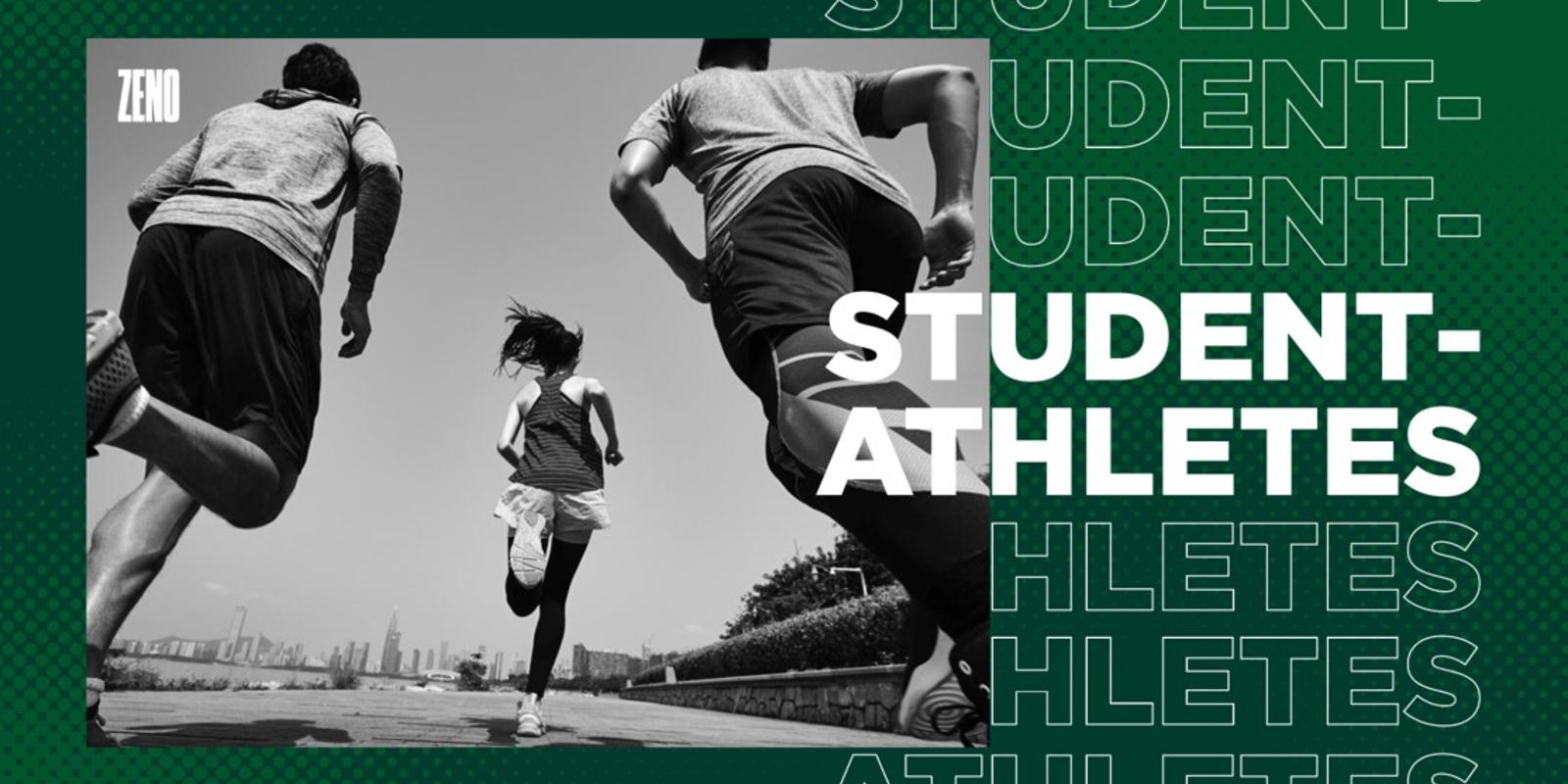Winning in the Workplace: Zenoids Share Lessons Learned as Former Student-Athletes
By Dale Legaspi, Senior Account Supervisor
04/05/24

“Most student-athletes go pro in something other than their sport.”
April 6 is National Student-Athlete Day—a day when these words from the NCAA commercials ring especially true for several of us here at Zeno Group. Having competed at some of the highest levels of amateur athletics while simultaneously managing course work, internships and everything else associated with being a full-time student, we entered our agency careers well-prepared.
Here are a few of the lessons we have carried with us:
The collective drives the culture
Unsurprisingly, the most prominent recurring theme to emerge from discussions with Zeno’s former student-athletes was teamwork. Kelli Hayes, DE&I engagement manager and a former UCLA basketball player, says it’s a key attribute she learned from her student-athlete experience. Regardless of current role or previous sport, every member of the group highlighted the importance of a collective effort. Just as no individual player can take on an opponent’s entire lineup, no individual performer can overshadow a team. Furthermore, this culture of shared investment and accountability works across agency account teams but also extends to client internal teams as well. The most fruitful agency-client relationships share that responsibility and ensure that everyone is working collaboratively to drive results—a dynamic familiar to student-athletes.
Results require work—much of it “invisible”
A collective effort is critical, but the path to success also involves much more than meets the eye. Open any athletics website and you will see a list of competitions—each of which requires hours of a student-athlete's time and frequently occurs on evenings and weekends. But just as that webpage does not show practices, early mornings in the weightroom, travel, etc., the results of an integrated communications campaign only allude to the amount of work involved in achieving them. As Allison Pierce, account supervisor and former Miami (OH) swimmer put it, “it was truly a full-time job on top of schoolwork.” This is not a profession that clocks out between 5 p.m. and 8 a.m. We know well the hours behind the hours—and how critical they are to our teams’ and our clients’ success.
High-performance teams require specialists at their peak
Just like athletics, strategic communications is a “game” of maximizing opportunity, and success requires peak performance from all members of the team. For student-athletes, that means balancing schedules and excelling in the classroom while continuously feeding the drive to improve and compete at the highest level. It is table stakes…and something that naturally carries over into careers. David Jensen, an associate creative director and former distance runner at Cardinal Stritch University, discussed the personal nature of every race, characterizing it as a “private mental test to see how deep down you can dig to get the best possible result from yourself.” While considerably less physical than our previous athletic endeavors, the willingness to put in extra hours for professional development, competitive research and education comes naturally to us.
The right stats determine who wins
Extra hours and best efforts aside, a communications program is only as good as the results it produces. Just as statistical analysis has exploded in sports, our profession has also evolved far beyond the legacy practice of reporting impressions. Data and insights have become more advanced and pervasive, making it critical to evaluate the right metrics for each client. Per Nisa Horwitz, a senior vice president on the earned media team and a former water polo player at NYU, athletics trains us to “anticipate” and “move in fast-paced environments.” The result is the ability to “deliver in critical moments,” but getting there requires having the right information ahead of time. That means having actionable insights that are unique to each client campaign. Message pull-through, brand awareness and share of voice are just a few of the metrics at our disposal as professionals. But just as athletes are organized into lineups that highlight their unique abilities, agency professionals are organized by function and assembled into teams that match individual skillsets to the client objectives they help achieve. Then, programs are built, executed and evaluated accordingly. If you hit the right KPIs, you and your teammates—and your clients—win.
Today, as members on team Zeno, every one of us former student-athletes applies the lessons we learned and the skills we developed to our client work. Day in and day out, we put in the time required to perform, foster a culture of success, build on our relationships and count client wins.
Dale Legaspi is a senior account supervisor in the corporate tech practice at Zeno Group. A former baseball player at USC, he now represents clients who operate at the cutting edge of innovation, driving industries forward.
